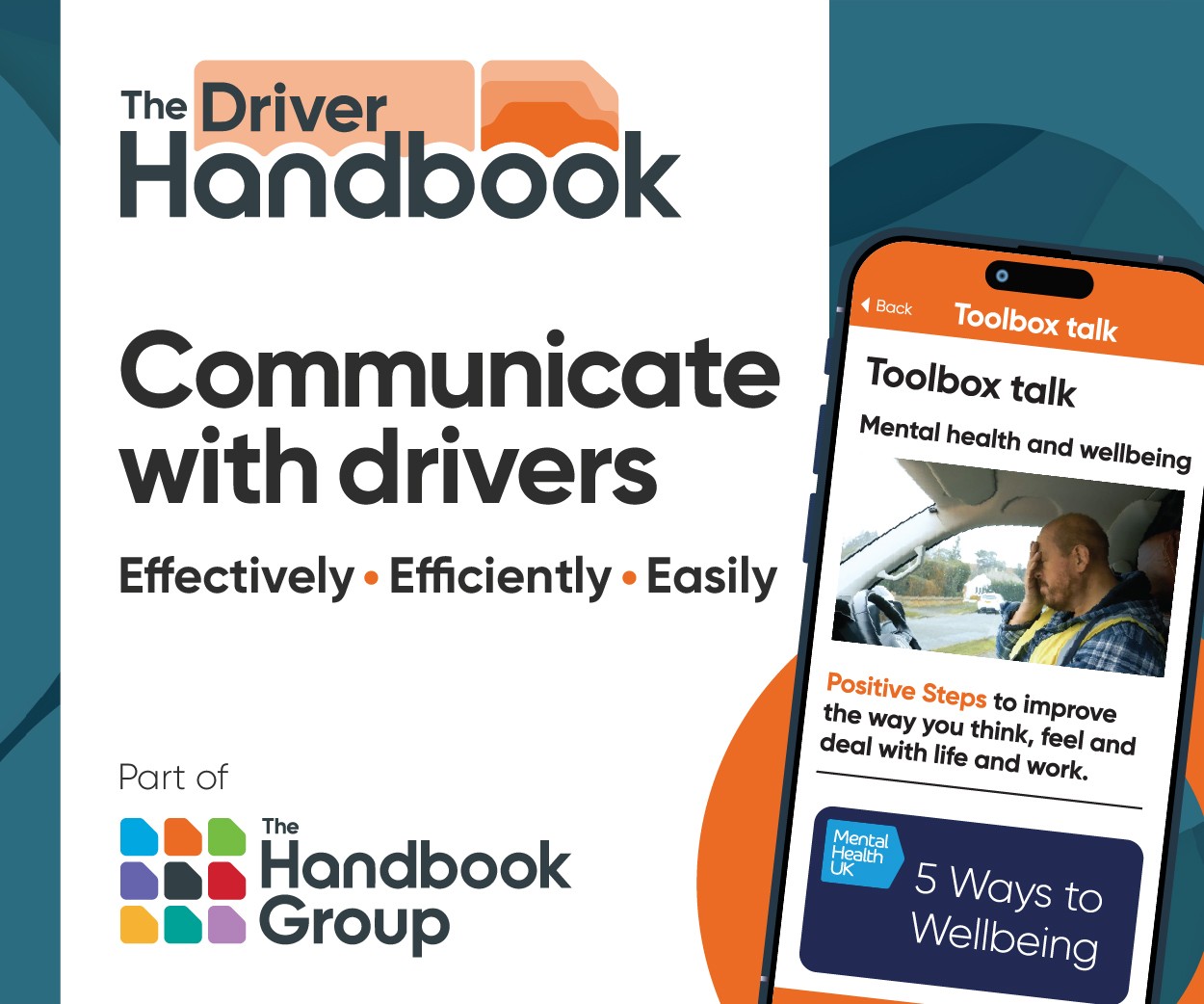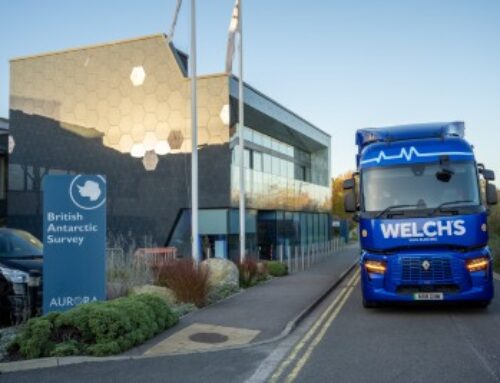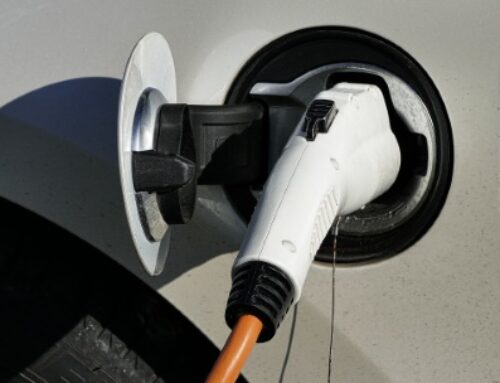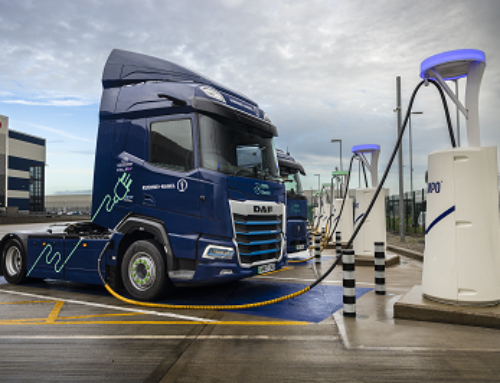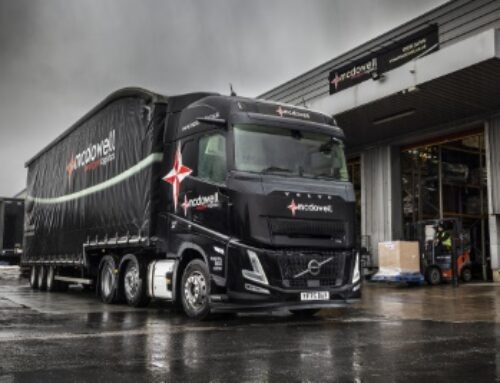All change for VW truck firms as Scania boss leaves for Volvo
 Shortly after Volvo Group announced it had poached Scania’s CEO Martin Lundstedt to take up a similar position with the Gothenburg company, Scania’s owner, VW Group, announced the creation of a new company to integrate the activities of its Scania, MAN and VW Commercial divisions.
Shortly after Volvo Group announced it had poached Scania’s CEO Martin Lundstedt to take up a similar position with the Gothenburg company, Scania’s owner, VW Group, announced the creation of a new company to integrate the activities of its Scania, MAN and VW Commercial divisions.
The new company is called Truck & Bus GmbH, indicating that VW Group is being careful that no one of its commercial vehicle brands gains public ascendancy over another. VW Group has also purchased all outstanding Scania shares, making the Swedish company a 100 per cent subsidiary of the group.
Mr Lundstedt will take up his position with Volvo Group in October. He replaces Olof Persson, who was appointed to his position from Volvo’s aerospace and construction divisions.
Persson’s reputation was as a cost-cutter and, during his four years in post, Volvo Group shed more than 5,000 jobs.
He was also in post during the ‘perfect storm’ of the aftermath of worldwide recession, followed by the expensive introduction of Euro 6, which also hit truck sales just at a point in the economic cycle when they should have been recovering.
In contrast, Lundstedt has a reputation as an engine and truck man. He had 25 years with Scania, and was appointed CEO in 2012.
Although they are both Swedish, Volvo and Scania are very different companies. Scania is a one-brand operation, focused on selling heavy trucks (and to a lesser extent coaches, buses and loose engines) into key markets in Europe and South America.
It had a short and unhappy venture into the North American market in the 1980s, at a time when American operators favoured trucks with proprietary engines and gearboxes from brand names such as Caterpillar and Eaton over vertically integrated drivelines.
During the 1990s Volvo Group launched a hostile bid for Scania, but ended up acquiring Renault Trucks instead. The Renault acquisition broadened its footprint in North America, as Renault Trucks owned Mack, and Volvo already owned the now-vanished White brand.
Volvo Group does everything that Scania does, but with the addition of construction machinery too. It is also a global multi-brand operation, including Renault Trucks in Europe, Mack in North America, UD in Japan, Eicher (including Royal Enfield motorcycles!) in India, and Dongfeng in China.
Some investors expect Volvo Group to dispose of its construction machinery division, Volvo BM, at some point in the future.
Scania is more profitable than Volvo Group, yielding 9.5 per cent in comparison to Volvo’s 3.9 per cent last year.
There’s a new-to-VW Group boss at Truck & Bus GmbH, too: Andreas Renschler, who left his position as director of Daimler’s commercial vehicle business last year. He will chair a board including the chief executives of MAN, Scania and MAN Latin America.
Renschler’s stated objective is to surpass his former employer as the biggest global commercial vehicle manufacturer. He aims to shorten lines of communication and increase cooperation between the two heavy truck makers in his charge, and the formation of the new company also lends further credence to reports that MAN is to start to sell re-branded Crafter vans and VW 7.5-tonners through its dealer network in the UK and elsewhere (Transport Operator, Issue 45).
VW Group is a great advocate of ‘platform sharing’: Audi, VW, Skoda and SEAT passenger cars share a considerable amount of componentry and engineering, yet pitch at very different markets and demographics.
German car technology is even finding its way into Ducati motorcycles, now the Italian manufacturer is part of Audi. A similar shared technology approach is likely to be taken with heavy-duty engines and vehicles.


